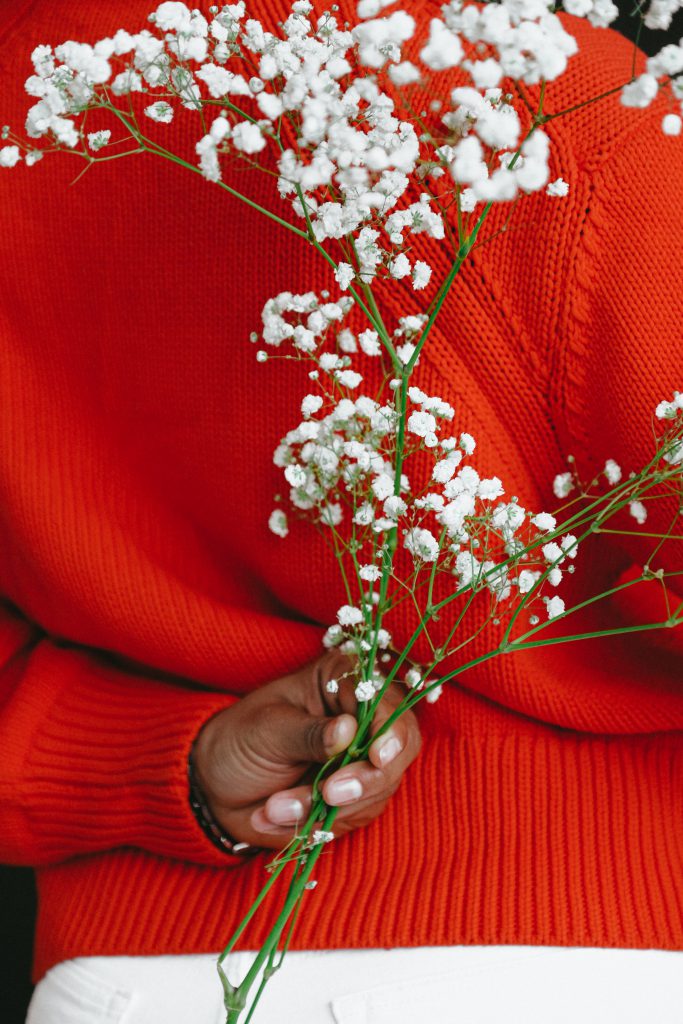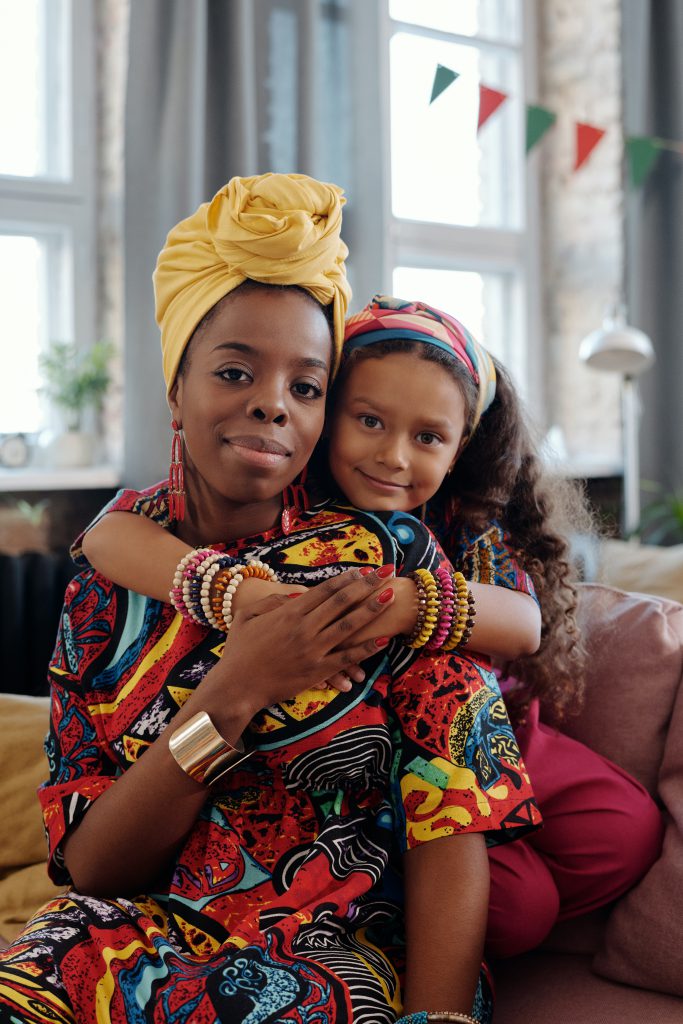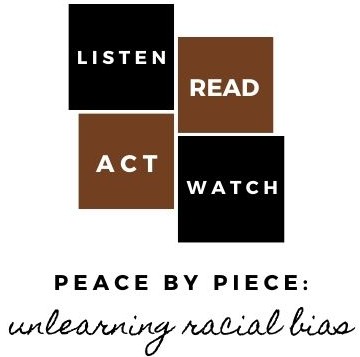This post is part of a year-long series. If my work is helpful for you, consider a contribution through Venmo to support this crucial work of unlearning racial bias.
Most of this series is intended to be instructive: to plumb depths of a black cultural experience that are unable to be explored unless you yourself are black and also immersed in black culture. But I noticed a comment in an online group recently that much of our Black History Month celebrations is offered just to show nonblack people that we are human, just as they are. The statement was astute and frustratingly, incisively true. Our time and energy can be so invested in convincing the culture at large that we are worthy of life and liberty, that we neglect to promote and publicize our own pursuit of happiness
Since June, I have come to this digital space most weeks to share bits of black American history, a perspective on how race relations in our country came to be how they are, and offer a small mirror to reflect the emotions which emerge when white people examine new-to-them information about a people group they thought they already knew thoroughly. What I have perhaps neglected in this series – which is devoted to guiding would-be allies in reflection to help them unlearn racial bias they may not even realize they espouse – is the complete joy I feel in being black. The pride I feel in the resilience and hopefulness of my people.

Amidst the love I feel for my blackness, nothing is quite so magical as witnessing the strong, deep bonds of love between us: romantic, platonic, and familial.
This week, in honor of black love and Valentine’s Day, I’ll be sharing a playlist of love songs by us and for us, in celebration of our resilience and determination and outright refusal to accept the pain we constantly endure without also consciously making space to seek out and nourish joy and connection with each other. This playlist is a salute to ’90s and early 2000s black music: the melodies that take us back to our middle school crushes; the themed music videos that feature our favorite ‘90s sitcom stars; the smooth, unfiltered voices that used to flow from the speakers of our parents’ cars; the Saturday afternoons we’d spend listening to the radio with our fingers poised over the “record” button on our cassette players so we could capture the newest tune and memorize all the words by the time we made it back to school Monday morning.

In addition to this week’s black love songs playlist, I invite you to spend some time learning about Loving vs. Virginia. Several movies and documentaries about the Lovings are available to stream, and a host of books and articles have been published as well. Interracial couples like my husband and me could not marry and live in peace without the crooked road made straight by the Lovings’ 1967 Supreme Court case. Some legal scholars have also posited that the Loving precedent paved the way for marriage rights being extended to our LGBTQ siblings.
Generations of consenting adults who are not same-race, opposite-sex couplings will continue to stand on the shoulders of the Lovings, whose quiet, steady persistence won for them the right to build their lives as husband and wife.
As you explore these resources, I hope you will marvel with me at the strength of black culture to withstand constant attacks from the dominant culture and its dogged determination to keep living and loving in freedom. And I hope you’ll ask yourself –

- Have you ever resisted a black friend or family member’s assertion of their truthful lived experience because it causes you to feel bad?
- In that discomfort, have you pressured them to put on a happy face or recount a happy experience so that you can balance out your own emotional response to their truth?
- When you think of classic love songs, how many of them are by black artists? Why do you think that is – a lack of black representation in a certain genre or a lack of diversity in the music you grew up listening to?
I’ll meet you here again soon, so we can keep struggling, rejoicing, and learning together – to build a more peaceful world, one piece at a time.
